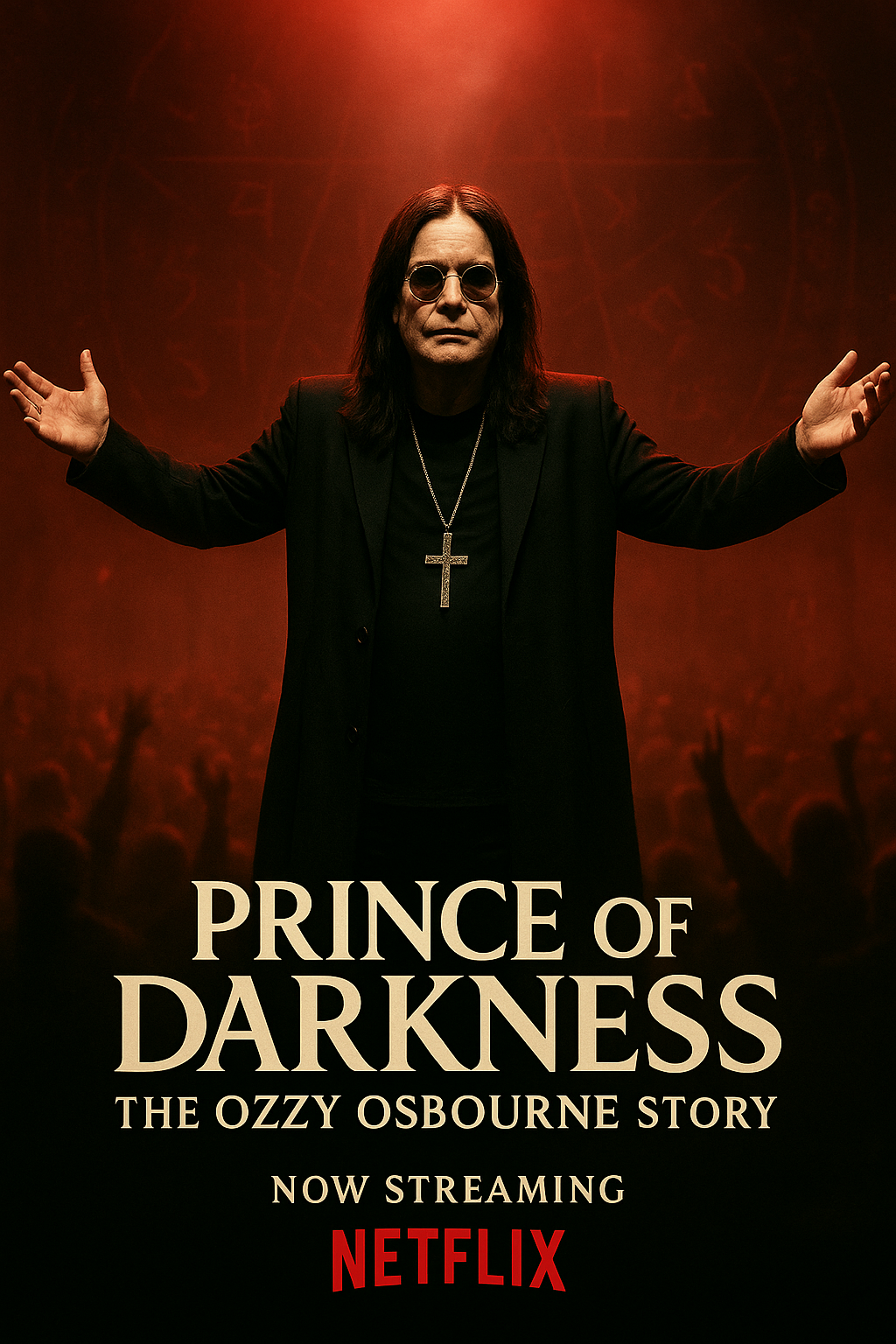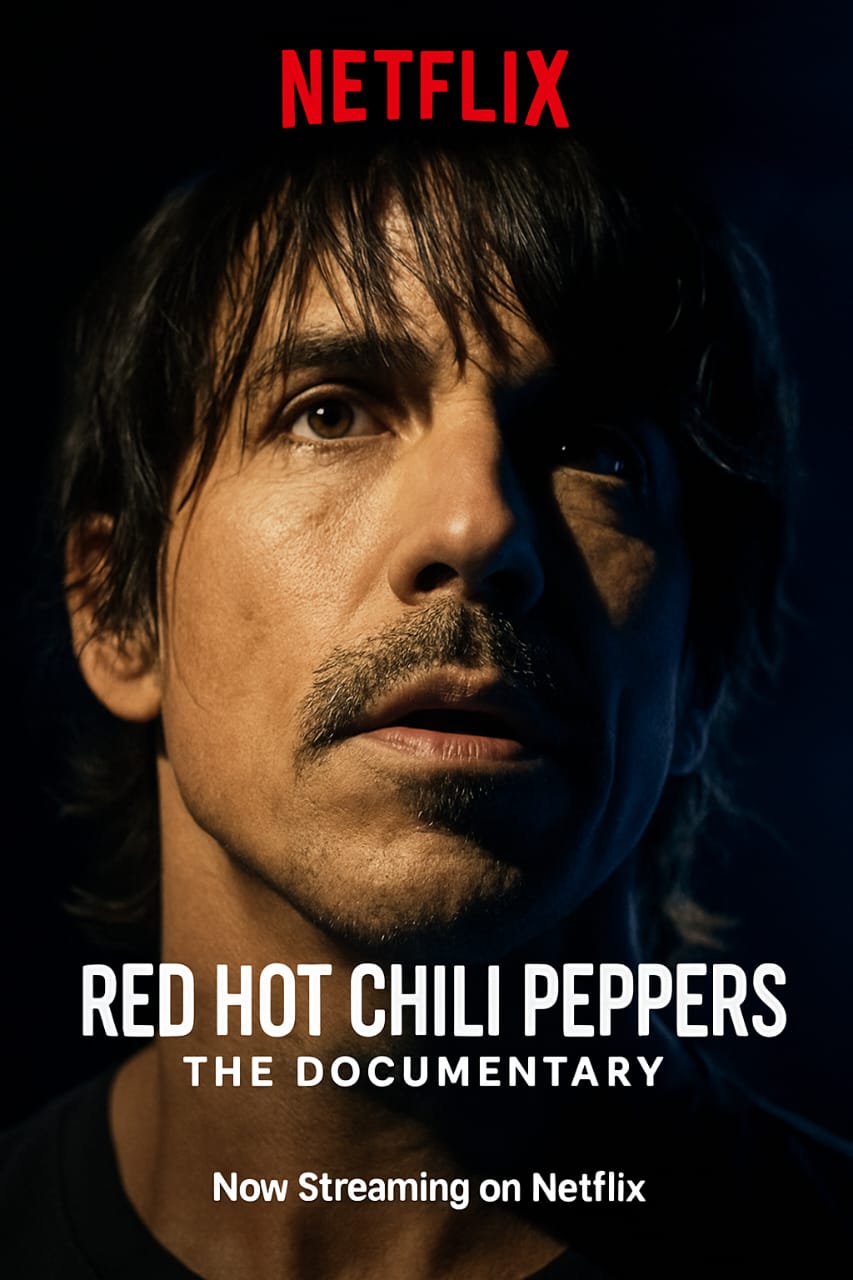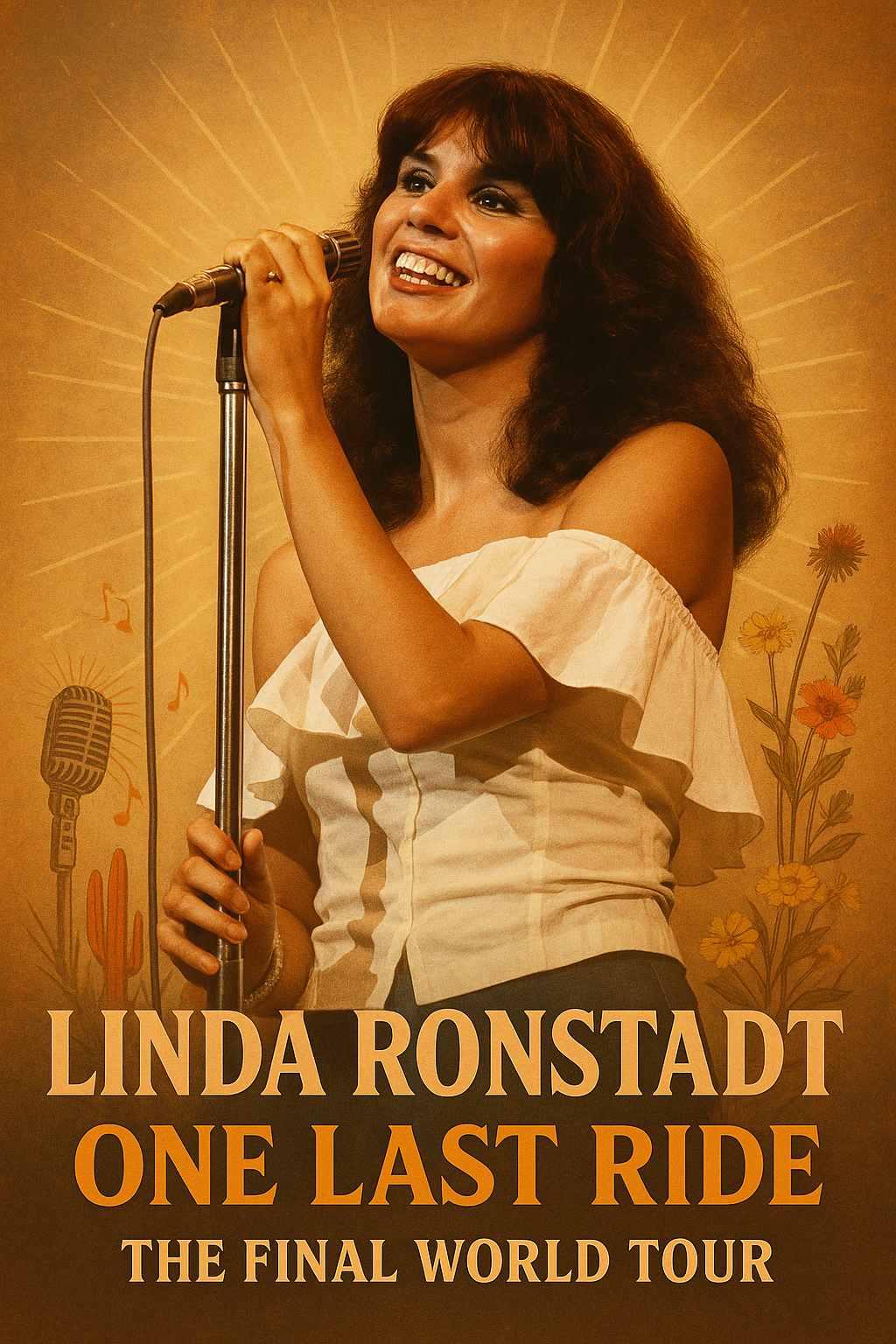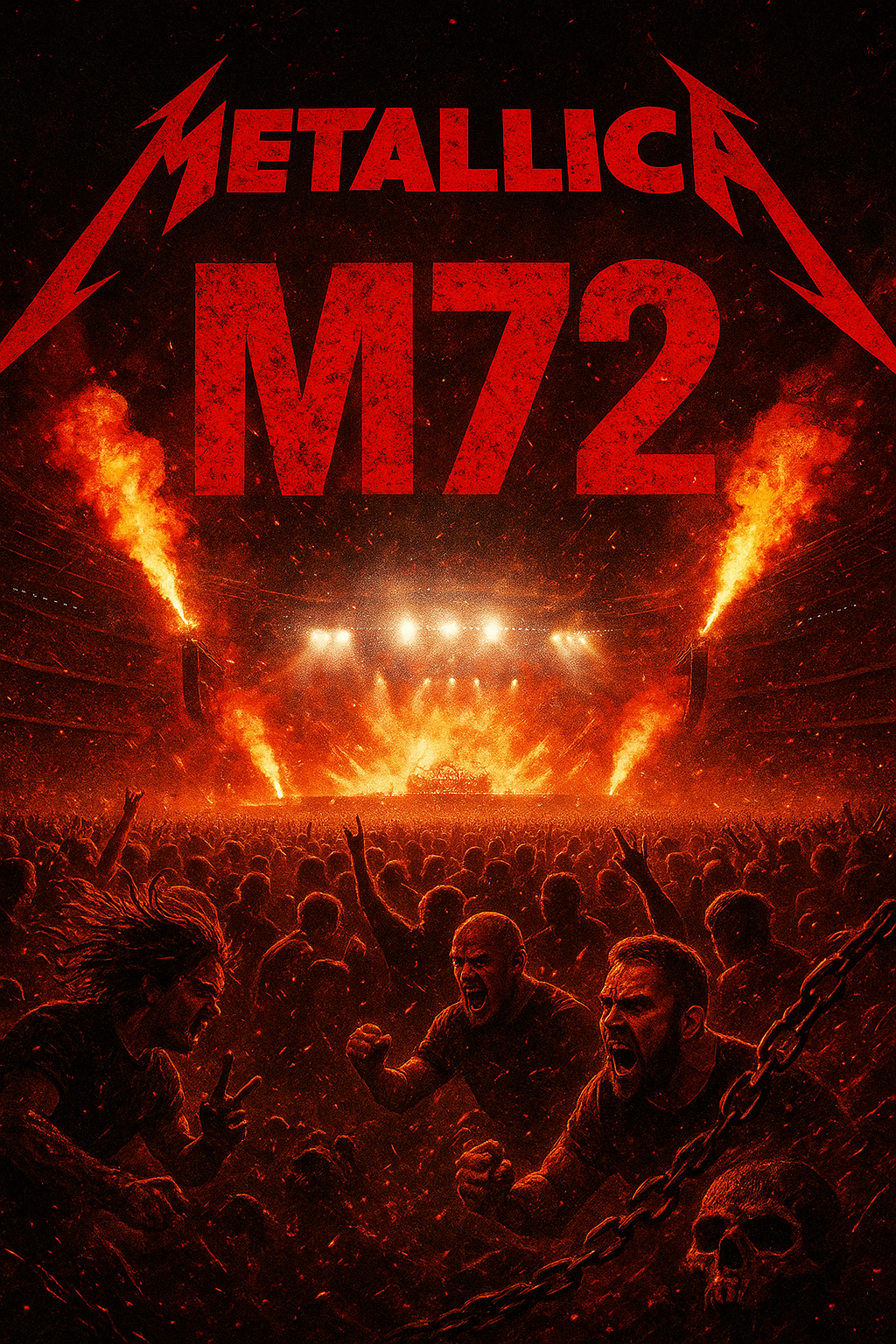Netflix has officially released Prince of Darkness: The Ozzy Osbourne Story, a raw, unfiltered deep dive into the chaotic, legendary life of one of rock’s most controversial icons. This long-awaited biopic isn’t just a tribute — it’s an unflinching exploration of the man behind the myth. From his working-class roots in Birmingham to his reign as heavy metal royalty, Ozzy Osbourne’s journey is as twisted and fascinating as his music.
The film opens in the grimy streets of post-war England, painting a vivid picture of Ozzy’s tough upbringing. The industrial backdrop, filled with smog, poverty, and early rebellion, sets the tone for a life that would become a lightning rod of controversy and brilliance. Early scenes show a young John Michael Osbourne struggling with school, identity, and purpose — until he finds salvation in music.
Ozzy’s meteoric rise with Black Sabbath is dramatized with gripping intensity. The moment the band stumbles upon their signature sound — a thunderous, doom-laden riff echoing through a dark rehearsal room — feels like a cinematic thunderclap. The film captures the cultural shift they created, with footage and reenactments that place viewers at the heart of rock’s most sinister revolution.
But Prince of Darkness doesn’t shy away from the darkness behind the scenes. Ozzy’s battles with addiction, mental health, and infamy are portrayed with brutal honesty. Instead of glamorizing his self-destruction, the film invites empathy and introspection. His infamous antics — biting the head off a bat, getting banned from cities, or being fired from his own band — are shown not just for shock value, but as milestones on a road paved with trauma and escape.
The Sharon Osbourne arc provides one of the film’s emotional anchors. Her relationship with Ozzy is portrayed as both tempestuous and life-saving. The biopic delves into her role not just as his partner, but as the architect of his solo career — a second act many thought impossible. Their dynamic is messy, complicated, and real, and it gives the film an emotional weight that elevates it beyond the usual rock star tale.
Ozzy’s solo career gets the full cinematic treatment it deserves. His transformation from washed-up ex-frontman to solo icon is portrayed with energy and spectacle. The inclusion of Randy Rhoads, and the tragedy surrounding his death, is one of the film’s most poignant segments. Rhoads’ impact on Ozzy’s music and life is treated with reverence and sorrow, adding a touching layer to an otherwise thunderous story.
Throughout the film, the soundtrack pulses with iconic tracks, from “Crazy Train” to “Mr. Crowley,” all timed to key moments in the narrative. Each song becomes a chapter, a glimpse into Ozzy’s evolving psyche and the world reacting to his chaos. The music isn’t just background — it’s narrative fuel.
Critically, the biopic excels at balancing Ozzy the legend with Ozzy the human. There are quiet, introspective moments interspersed between the madness: Ozzy sitting alone in a dressing room, reflecting on his father’s death; Ozzy clutching a sobriety chip; Ozzy breaking down onstage during his final tour. These moments give the story depth and remind viewers that behind the myth is a man still trying to make sense of his own journey.
The visual style is gritty and immersive, blending documentary realism with stylized dramatization. Shadowy concert halls, flickering candles, gothic cathedrals, and stained stages all add to the atmosphere. The cinematography is as heavy as the subject matter — bold, textured, and soaked in blood reds and ash greys.
Performance-wise, the casting is spot-on. The actor portraying Ozzy captures his mannerisms, voice, and physicality without descending into caricature. It’s a performance filled with pain, humor, and defiance — much like the real Ozzy. Sharon, bandmates, and rivals are all brought to life with a sense of historical respect and dramatic flair.
Ozzy himself was reportedly involved in the film’s development, offering rare interviews and consulting on key story arcs. This gives the biopic an added layer of credibility. It feels less like a studio-driven narrative and more like Ozzy’s final say — a raw legacy statement from a man who’s cheated death more times than most can count.
Prince of Darkness: The Ozzy Osbourne Story is not just a celebration — it’s a reckoning. It’s loud, messy, emotional, and impossible to look away from. Whether you’re a lifelong fan or simply intrigued by one of music’s most outrageous figures, this film delivers. Now streaming on Netflix, it demands to be seen — with the volume cranked all the way up.



